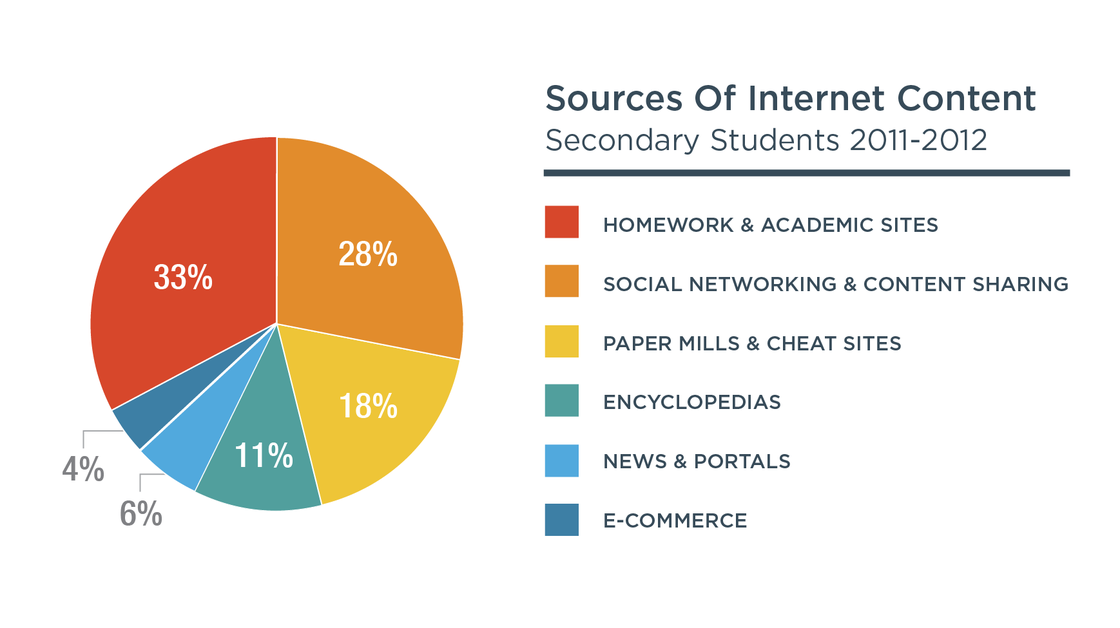Caitlin Dungan is a PhD student in Mason’s Writing and Rhetoric PhD Program. Caitlin is a Graduate Research Assistant for Mason’s Writing Across the Curriculum Program, and her current research interests include fanfiction, digital media and rhetoric, online feedback practices, and participatory culture.
It’s interesting, perplexing, and – I think – exciting that geek culture has emerged as mainstream. Realms previously reserved for a few indoctrinated fans are now open for participation to the many. One of the side effects of this growth in fandoms is the increasing number of emergent writers embracing fanfiction as a creative outlet. As young fans pursue this unique composition practice and post their works on online forums like fanfiction.net or Archive of Our Own, how much of this self-sponsored writing is informing their writing practice in the classroom?




